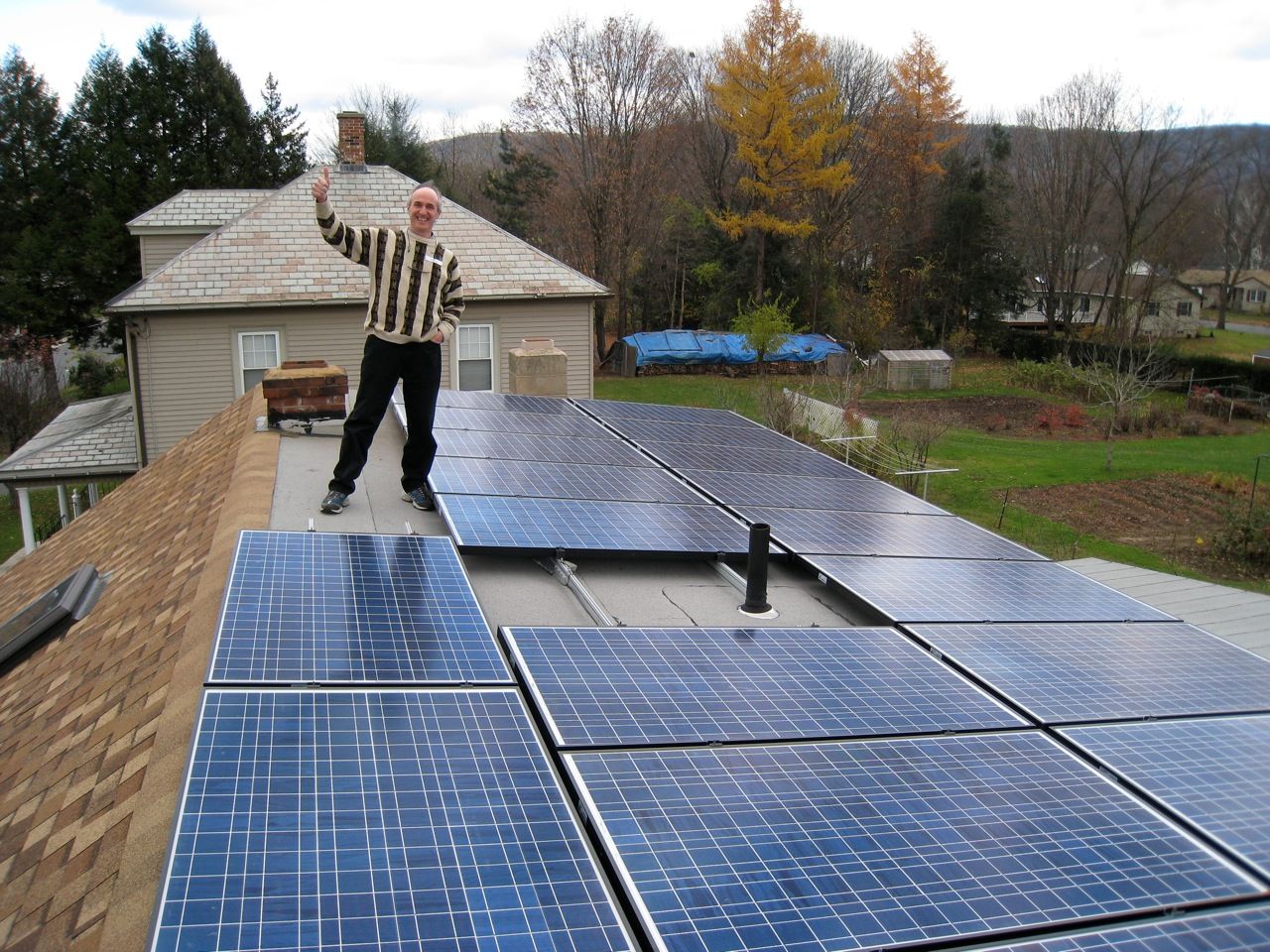In recent years, the cost of converting your home to solar power has fallen dramatically, as the option to lease rather than purchase solar panels has become available.
At the forefront of bringing the leasing option to California and nine other states is SF-based Sunrun.
Currently the company, which has 30,000 customers, can complete the installation of solar panels on your roof within three months, at which point the financial benefits of going solar will become apparent on your monthly electrical bill.
You don’t have to pay anything upfront unless you want to, which will further reduce your monthly bill. Sunrun manages the installation of the panels and monitors them for any maintenance issues over the cellular network.
The life of the lease is 20 years, after which you can renew.
Edward Fenster, Sunrun’s co-CEO, says that over the term of the lease, the typical homeowner will save $30,000 in electrical bills, not to mention the satisfaction of helping to reduce the collective carbon footprint in the battle against climate change.
“Our greatest challenge is it sounds too good to be true,” says Fenster. “Public awareness is our big issue.”
Sunrun also faces a severe regulatory battle, which in California means taking on the powerful utilities and their allies in Sacramento.
“It's the first time in over 100 years the utilities have had any real competition,” says Fenster. “It's hard for them to object to solar per se so they are trying to say it creates a cost shift from those who install to those who don't install solar. But because solar installation reduces the need for the utility to invest in the transmission and distribution of power it lowers everyone's rates actually.”
Highly regulated utilities like PG&E make money as a guaranteed rate of return on their net assets, “so the more they spend on investments the more they make for their shareholders,” Fenster adds. “By contrast, we reduce their need to make investments because we are making them for them.”
In their battle against the solar companies like Sunrun, the utilities have succeeded in getting a cap placed on new solar installations by the end of 2015 by the state PUC unless a compromise between the competing energy models can be found. This cap would effectively stop solar installations by November of next year.
“What it boils down to is that solar is good for the ratepayer but it reduces utility's future profits,” says Fenster.
Meanwhile, Sunrun promotes its service as part of the rise of “disownership,” which is another term for collaborative consumption or the sharing economy.
We’ve covered many examples of this at 7x7, from Airbnb to Zaarly.
Since it is responsible for maintaining the solar panels over the life of the lease, Sunrun is highly incentivized to use high-quality materials and work with the best installation firms.
“We work with only a handful of vendors – five percent of the solar panel manufacturers in the world,” says Fenster. “And we partner for installation with about two percent of the companies that install.”
Various estimates predict that conventional utility rates will rise around 3-4 percent over the next ten years, whereas Sunrun expects its rates to rise only by about 2 percent per year, so once they have solar installed, homeowners could receive ever greater savings year over year.
Many factors influence rates, however, including cheaper conventional energy sources, so the actual savings cannot be guaranteed.
The market for home solar leasing appears to be huge. The company estimates that by 2016, as many as 21 million households in the ten states where it operates could potentially have solar energy installed if regulatory impediments or other problems don’t hold back adoption.
Note: This is the second of a two-part look at innovations in solar power this week. Our earlier piece focused on Mosaic, which helps people in California make investments as small as $25 in solar power projects.
Related Articles
